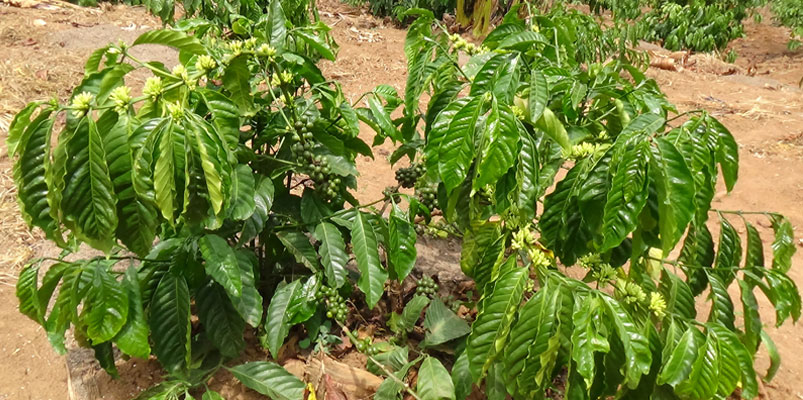News
Uganda overtakes Ethiopia as Africa’s top Coffee exporter
Vietnam, Indonesia and Colombia.
According to ICO, Uganda has also received a $1.3bn grant from USAID’s Feed the Future Initiative which seeks to improve Uganda’s coffee productivity for 20,000 smallholder farmers in 22 coffee growing districts.
The project will last a maximum of two years and seeks to create awareness for effective participation in the implementation of the coffee policy. Policy implementation will help to enhance production and productivity, improve coffee research, enhance extension service delivery, support and strengthen farmer organizations, streamline and strengthen coffee laws and regulations, promote value addition processes, and develop the domestic coffee market.
According to the ICO, the demand for coffee is strong in many countries, and is likely to rise by about 25 percent, particularly in traditional markets (Canada, EU, Japan, Norway, Switzerland, USA, others) but the biggest potential is in emerging markets (Algeria, Australia, Russia, South Korea, Turkey, Ukraine, others) and coffee exporting countries.
Experts consider Uganda’s recent increase in output as a welcome recovery coming on the back of low output due to the devastating Coffee Wilt Disease that almost wiped out entire farms over the past decade.
With Uganda’s weakening Balance of payments, many economists have been lamenting about the country’s challenges to quickly boost exports in order to take advantage of the valuable foreign currencies.
National Union of Coffee Agribusinesses and Farm Enterprises (NUCAFE) for the implementation of the National Coffee Policy in 22 coffee growing districts in Uganda.
The increase in Uganda’s exports also comes along with improved efforts by the government to improve the quality of coffee by introducing tough measures that punish farmers who dry their coffee on bare ground.
The International Coffee Organization (ICO), established 1963 in London, was initiated in collaboration with the United Nations (UN) to enhance cooperation between nations that consume, distribute and produce coffee.
As of 2014, its 45 members consist of 39 exporting nations, 6 importing nations and 1 importing community.
Comments



















